This month, I’m exploring historical fiction, and like every genre I’ve attempted so far, it’s already teaching me a lot. I recently read Two Brothers by Ben Elton, and what struck me most is how historical fiction works best when it doesn’t try to capture everything. Instead of retelling the grand sweep of history, it zooms in often on one family, one relationship, one personal story and in doing so, brings the bigger world into focus through empathy. The history becomes the backdrop, not the point. And that’s how we feel it.
In the spirit of learning from the best, I reached out to one of my all-time favourite authors, Celia Rees, whose beautiful historical fiction has inspired me for years. I’ve been a fan of her work since I first read Witch Child and Pirates! when I was at school, and later loved Sorceress. I have just purchased her adult novel Miss Graham’s War (originally published as Miss Graham’s Cold War Cookbook).
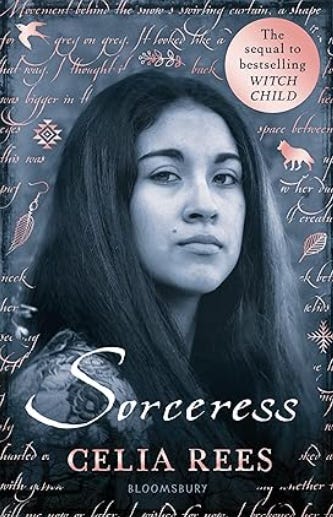
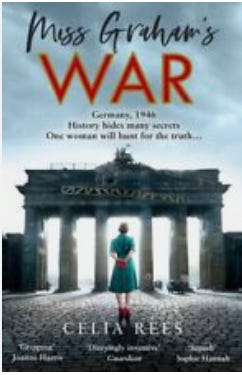
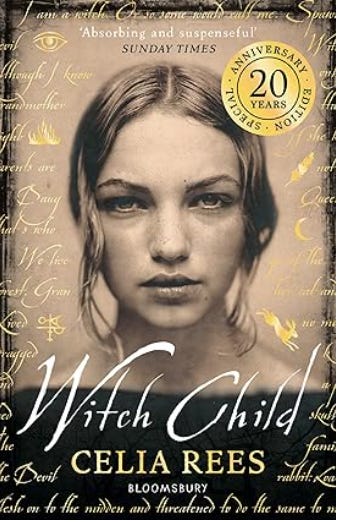
To my amazement, she kindly got back to me with some brilliant advice for writing historical fiction; wisdom I’m incredibly grateful to share below.
Celia Rees’s Tips for Writing Historical Fiction:
Decide how closely you want to stick to real events.
Choose whether to stay faithful to the stories you were told or to use them as inspiration for fiction.
Choose your narrative perspective.
Will you write from the point of view of one grandparent or both?
First Person is powerful and immersive, it forces you to see the world through that character’s eyes (used in Witch Child, Sorceress, and Pirates!).
Begin with the stories you already know.
Write down everything you know about your subject.
If possible, talk to them or relatives who remember them, and record conversations.
Use research to fill in the gaps.
For example, if your character came on the Windrush, research what the journey, ship conditions, and food were like.
Use other eyewitness accounts to enrich your story.
Use this rule: “If you can’t find out, leave it out.”
Don’t force in uncertain details, use imagination for internal experiences (thoughts, feelings).
Focus on one person and one time in their life.
Avoid trying to cover their whole life; a focused, intense piece is more effective and manageable.
Let the writing be fun.
Enjoy the process don't overwhelm yourself.
Read other authors who have written in this area.
Suggested authors:
Monica Ali – Brick Lane
Bernardine Evaristo – Girl, Woman, Other
Because I only have a month to create this piece, I’m turning to something closer to home: personal history. My own family’s past is full of fascinating lives, fierce women, and untold stories. Some of them I know through memoirs and diaries, others through stories passed down. Here’s a glimpse of what I’ll be drawing from:
👴 Granddad Holme
I’m lucky enough to have a memoir he wrote. He was a rear gunner in WWII and told his wife, Penny, “I’ll be back in time for lunch” but came home five years later. Captured, held as a POW, and forced on a brutal march across the Siberian border, his story is one of endurance I’ve only just started to understand.
🗺️ Nana Holme
A woman of courage and fire. She worked as one of the “map girls” in the army, plotting troop movements. She never smoked a day in her life, but once petitioned for the women to get cigarette breaks just like the men. Everyone backed down when pressured, except her. She was kicked out, marched straight to the RAF base, signed up again, and that’s where she met my granddad.
📖 Great Grandma Perry
Another bold woman you’ll notice a pattern. I have her diary from her time in Jamaica in the 1920s, and her notes from a journey across China with two small children. She was dropping them with her late husband’s family. The writing is faded in places, but the spirit comes through clearly. Later, she met my great grandfather a Black Cuban man who had just moved to Jamaica with his mother and sister to learn English.
💛 Grandma & Grandad’s Love Story
We lost my grandad last year, and only recently have I fully grasped how much he and my grandma overcame to be together. She was the daughter of German Jewish and Italian refugees. He came from Jamaica with the Windrush generation. Their love, despite every cultural, political, and racial obstacle of the time was unwavering. They lived in Singapore for years, where my dad was born, and later returned to the UK. Grandad was offered a position in the police force during a time of active recruitment of Black men but he chose instead to become a bus driver so he could spend more time with family. That quiet choice always stayed with me.
Each of these stories is deeply personal to me. But when I step back and consider the era they lived through war, migration, social change they become something more: stories of quiet courage, resilience, and love. And from one of them, I’ll be writing this month’s short story.
Which one would you like to hear more of?
Let me know in the comments I’d love to write the one that speaks most to you.
J. P. Holme
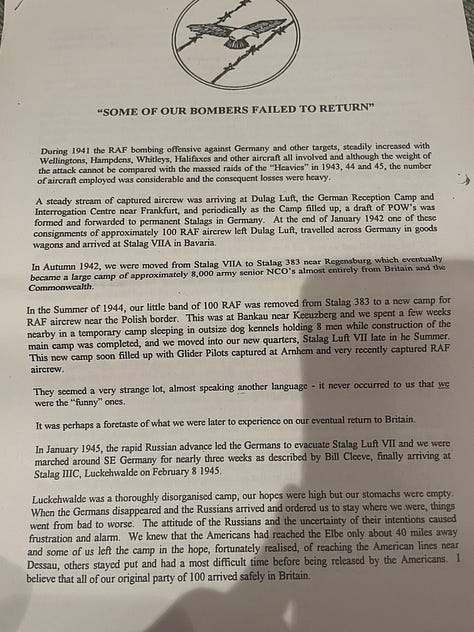
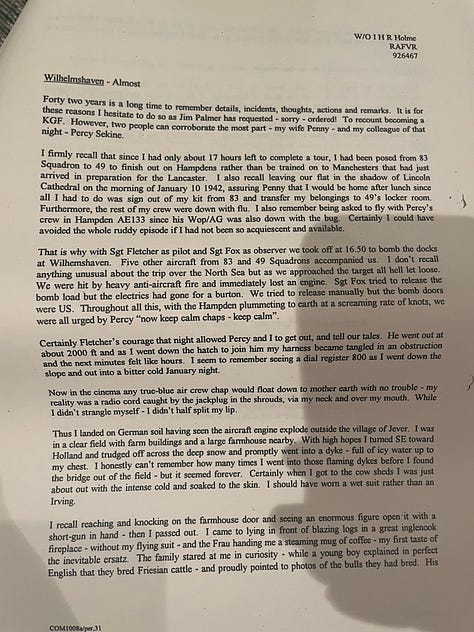
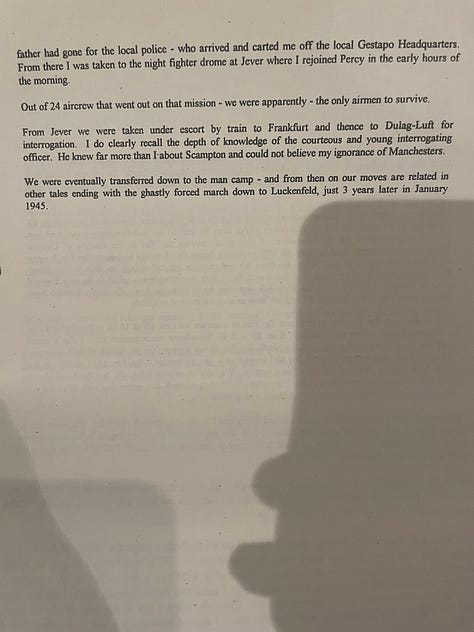
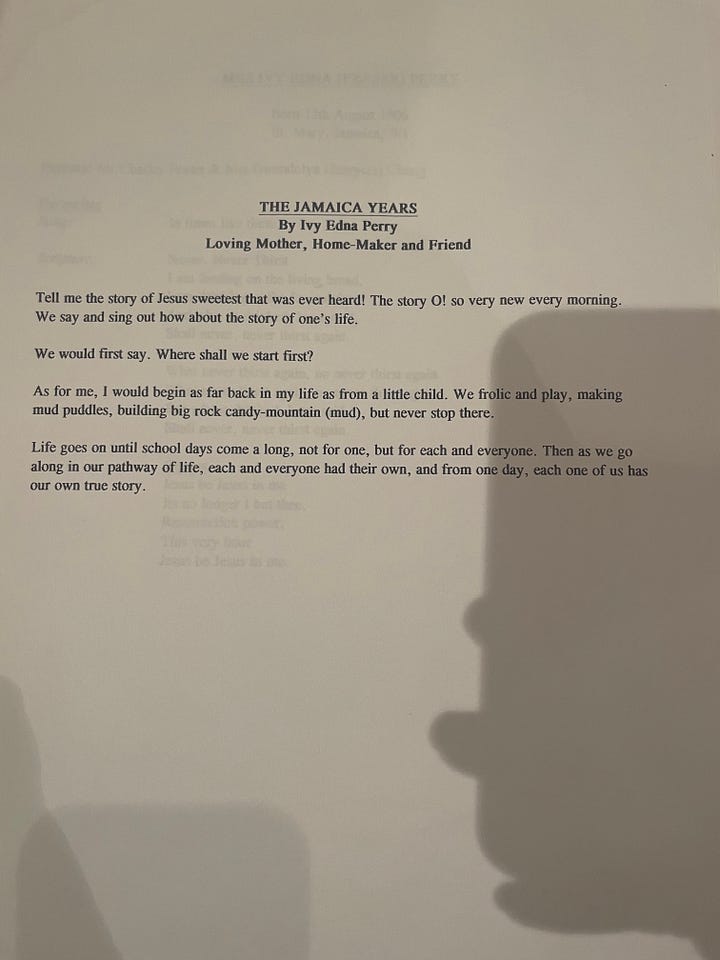
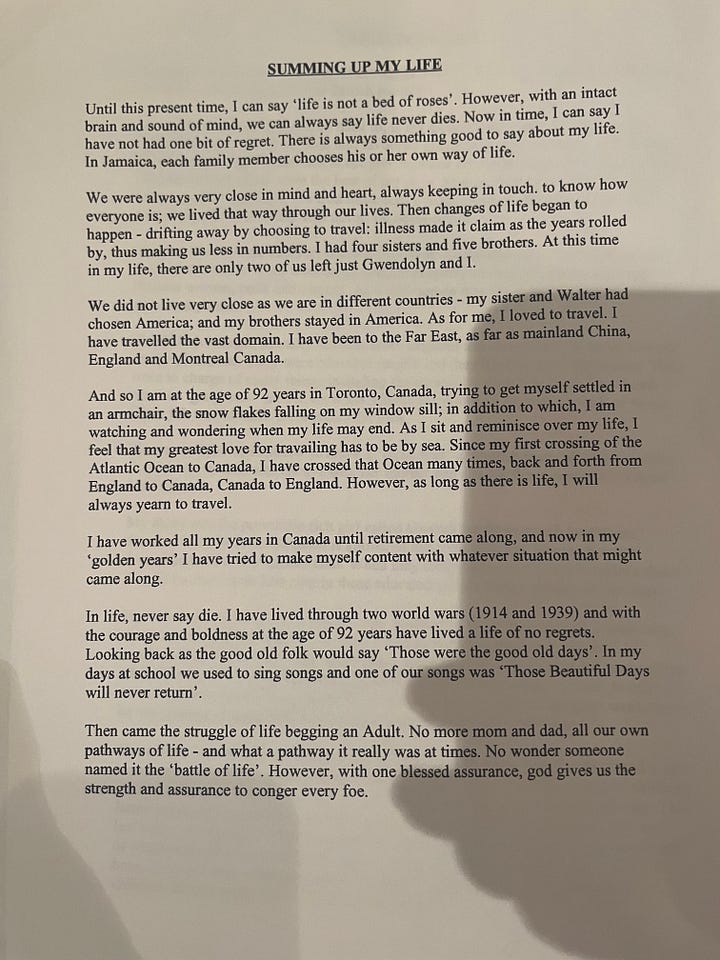










Honoured to be part of your writing exploration. Fascinating characters who lived fascinating lives. Keen to see who you choose and to read that story.
A decade ago I spent much of my spare time trying to trace information on my family tree through Ancestry and other sources. Your piece has made me want to go back to doing more research. Thanks for sharing this fascinating piece.